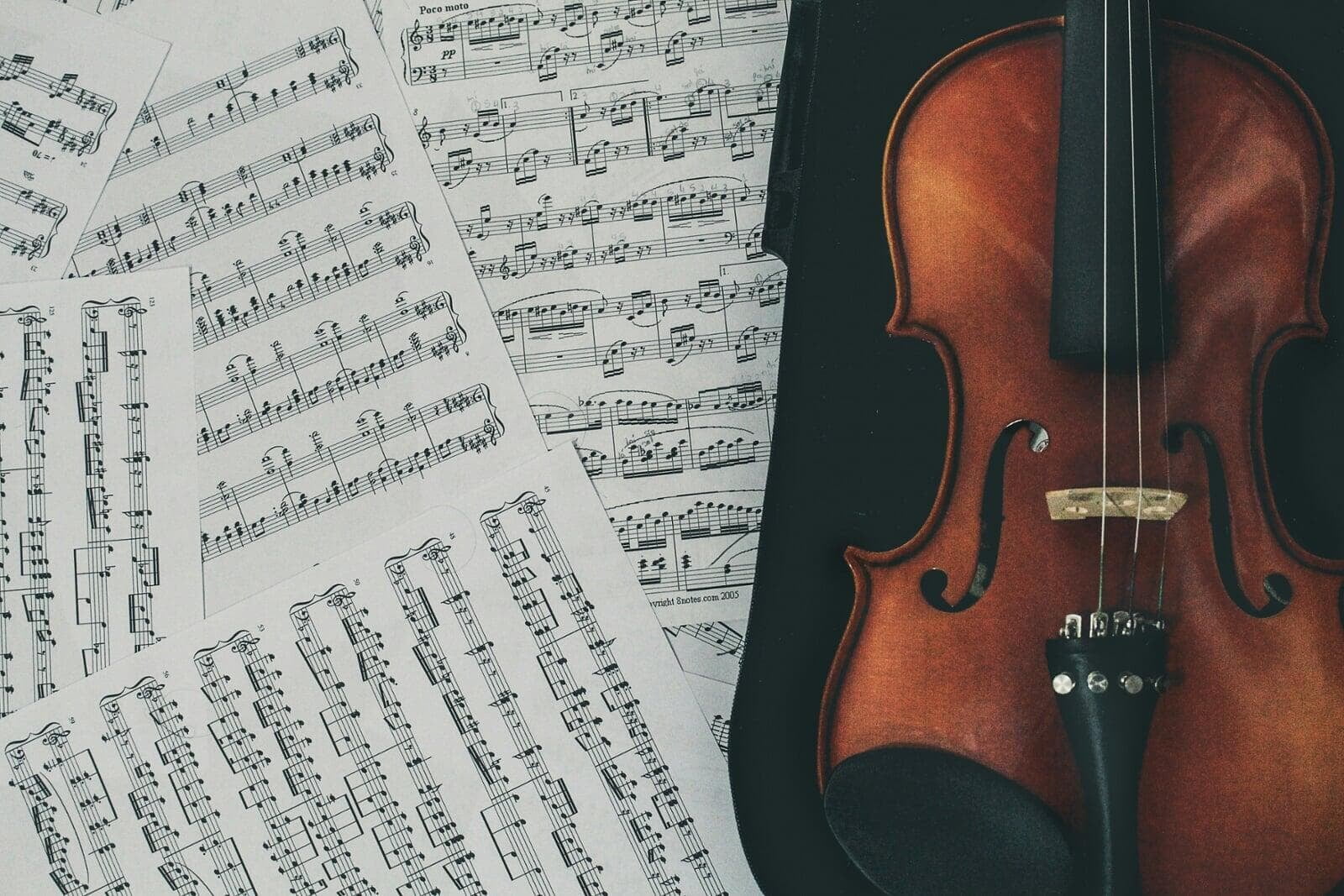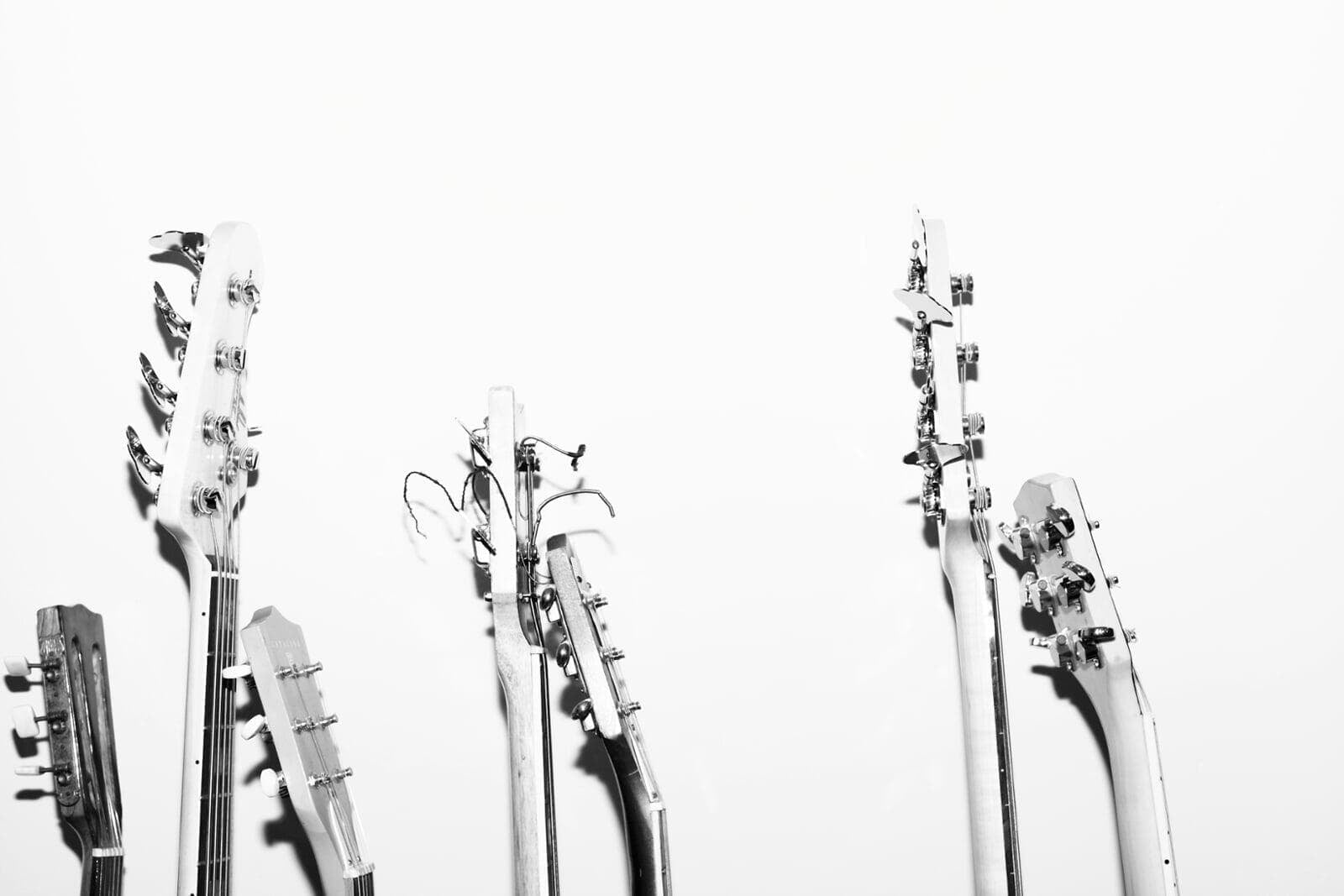It seems like there's one topic I'm always circling back to more than any other - lifelong music making. As we move through the changing landscape of music teaching - what we prioritize, how we connect with our students, how we listen - all play roles in cultivating a future generation that sees music not just as a skill, but as a source of lifelong meaning and belonging. Why is music making so important to our lives?Why are human beings so enraptured by music making? What is it about music making that people from cultures around the world find so natural and meaningful throughout their entire lives?
I have the impression people return to music making again and again because music making sparks something deep inside every one of us. No matter the level of competency, amateur or professional, casual or dedicated, music making reminds us of who we are as individuals and in communities. Through music making, we get to know ourselves and the world around us. There are no age limits on music making nor how often it’s allowed. Music making is accessible to anyone, in any place, and at any time.

A Thorny Issue. Music teachers have the amazing opportunity, by teaching students how to sing or play a musical instrument, to nurture and empower our students in lifelong music making. And yet, there’s a thorny issue connected with music making that today’s music teachers may want to address - an issue that has shadowed music lessons for decades. Namely, that the vast majority of young people who take music lessons during their childhood never participate in music making activities once they reach adulthood. After years of music lessons, practicing at home, putting in huge amounts of time and energy, most students never sing or take up their instrument again. Following their final lessons, I estimate as many as 90% of students completely relinquish their music making. Their futures as lifelong music makers evaporates. It’s the equivalent of making regular deposits in the bank and subsequently leaving them to disintegrate after years of investment. Somehow it feels like an immensely unfortunate outcome.
Week after week, year after year, music teachers shoulder responsibility to guide our students’ musical journeys by passing on the necessary skills and knowledge. The problem is that our expertise can overtake students’ own musical inclinations without our even noticing it. Music teachers can be so focused on helping students achieve musical excellence that we lose sight of students’ own journey. For their part, music students can also be so consumed with preparing for the next lesson, or concert, or exam, or deadline, that they run out of time and energy to explore their own relationship with music making. Students come away with formal musical experiences, to be sure. But when teachers consider students’ future as lifelong music makers, we may need to acknowledge the impact of music lessons falls short. Is there something music teachers can do about this?
The most advantageous thing music teachers can do is to create musical explorations that reflect what music making actually looks like in students’ own personal lives. Do students consider music making as anchor or entertainment? How about music making as energy or healing? Recreation or imagination? Refuge or launchpad? Is music making something students do in service of others or an investment in self-care? You get the picture.

Quality of Life. Music teachers may influence our students’ musical future by what we do in today’s music lessons. We may sow the music making seeds that bear directly on our students' future quality of life. That may mean our students enjoy participating as recreational music makers interested in music making for the joy it brings them. Or relational music makers who appreciate the unique way music making connects family, friends, and community. Or amateur music makers - “amateur” being a marvellous word that comes from French and Latin roots which mean “one who loves”. Amateur music makers make music because they love it. I know I already mentioned the ways we connect with music - but it seems worth repeating how making music fulfills many of our life aspirations - Anchor. Emotion. Distraction. Entertainment. Soul food. Friend. Energy. Beacon. Impetus. Ritual. Healing. Transcendence. Ceremony. Tradition. Community. Imagination. Movement. When music teachers keep our eyes on what really happens when we make music, it feels like we take our teaching to another level entirely. We're talking about our humanity here! We're talking about quality of life!
From where I’m standing, it’s obvious that making music as a way to enrich our quality of life is a lofty goal. And there’s a lot of work that needs to be done. So let’s make it happen. Let’s reverse the thorny issue that has plagued music teaching for much too long and make lifelong music making a reality. Let's focus on making music as an anchor for quality of life. Let's redefine music teaching as the spark that keeps music alive in people, not just in performances, or exams, or deadlines. Let's anchor our teaching in what truly matters: making music as a lifelong companion. Because when we invest in music making, we strengthen the very fabric of who we are in people, in communities, and across cultures. When lifelong music making thrives, so does our humanity.
How might our teaching change if we placed lifelong music making at the centre of every lesson?
What new possibilities could open up if students believed music belonged to them?
And what would our communities sound like if everyone found their own way to keep making music?
